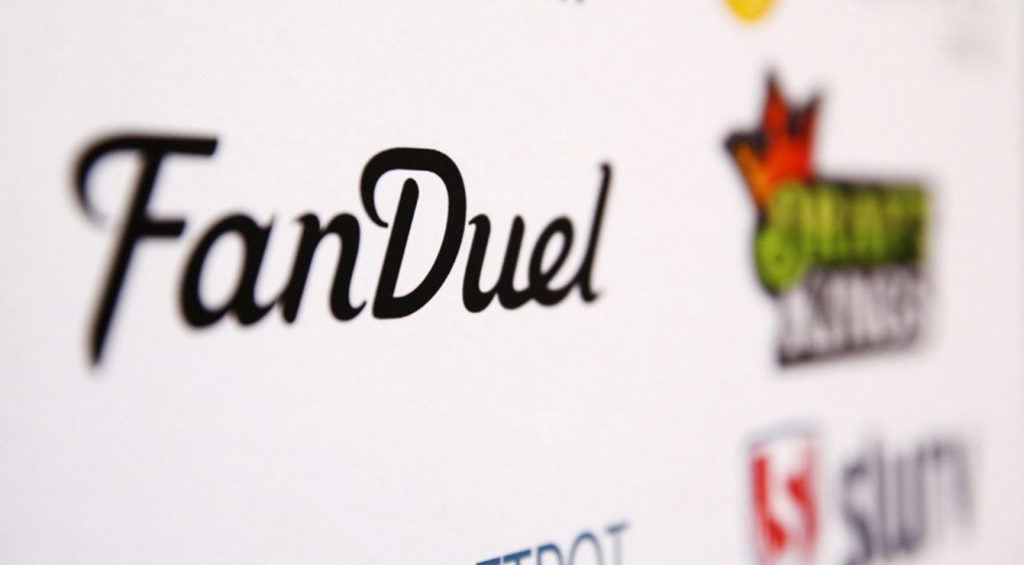
RICHMOND, Va. – Virginia has become the first state in the nation to regulate the growing fantasy sports industry, which has been threatened by efforts in other states to declare daily versions of the online activity illegal.
Gov. Terry McAuliffe (D) on Monday signed a law intended to protect consumers and legitimize businesses such as FanDuel and DraftKings that have been deemed illegal gambling by attorneys general in Illinois, Texas and New York.
The companies consider the Virginia law their first win in a 27-state strategy to submit to some state regulation in exchange for clarity that their activities are legal. States like the approach because they believe it will rein in the industry’s worst practices.
Similar legislation is awaiting the signature of Gov. Mike Pence (R) in Indiana, and so far this year has passed one legislative chamber in California, Florida, Mississippi, West Virginia and Vermont.
Virginia’s “Fantasy Contests Act,” which takes effect in July, applies to any online fantasy sports games that charge an entry fee, whether they are season-long contests or the daily ones that have exploded in popularity in recent years.
“This bill, which was passed by super majorities of both chambers, will empower Virginia to regulate this emerging industry and keep consumers safe from abuses,” McAuliffe spokesman Brian Coy said.
The law takes steps to prevent insider trading like the scandal that stirred controversy within the industry last year. Employees of fantasy sports sites are prohibiting from playing the games, companies cannot share confidential information that could give someone an unfair advantage, companies must undergo independent annual audits of their operations, and players must be at least 18 years old.
One controversial provision requires companies to pay a $50,000 registration fee to the state, which small start-up companies have complained cuts them out of operating in Virginia.
Efforts to levy a surcharge on entry fees, in addition to the income taxes players are supposed to pay on winnings from the lottery or any other game, did not make it into the bill.
Del. Marcus B. Simon, D-Fairfax, who sponsored the bill with Del. Jackson H. Miller, R-Manassas, and Ryan T. McDougle, R-Hanover, said there could be more changes down the line.
“I think this is a great first step,” Simon said. “I think it’s important that we get this started. Right now we have the industry’s cooperation, and I think we need it because not a lot of people know a whole lot about this and how it works.”
He said he got the idea for legislation from his 10-year-old son, a Washington Nationals fanatic who gets bombarded with online ads for fantasy sports sites.
Miller said he doesn’t regularly play fantasy sports, but believes that Virginia should provide consumer protections for those who do.
McDougle said the law sends a message that “with the proper oversight, playing fantasy sports is a skill-based hobby people should be allowed to enjoy.” The state Department of Agriculture and Consumer Services will be responsible for enforcing the regulations.
The two most prominent daily fantasy sports companies, DraftKings and FanDuel, lobbied for the legislation and said they hope other states follow suit.
“This represents a major step toward regulating the industry,” Sarah Koch, a spokeswoman for DraftKings, said in an interview. “I think this is reflective of a number of bills across the country that legislatures are pursuing as a way to offer these protections.”
Unlike traditional fantasy leagues that stretch over the course of a baseball or football season, daily fantasy sports offers players the chance to win frequent payouts.
For years, the industry has operated in a vacuum created by Congress, whose 2006 Unlawful Internet Gambling Enforcement Act banned online gambling – including online poker – but carved out protection for fantasy sports.
Now, attorneys general across the country are investigating the firms that specialize in daily fantasy sports, and lawmakers in some states have proposed legislation to ban the sites. Kansas last year passed a law legalizing fantasy sports and other real-money games like bingo, after the state’s gaming commission stated that daily fantasy sports were illegal. But that law does not put specific regulations in place for the industry.
Maryland Attorney General Brian E. Frosh (D) raised concerns about the legality of fantasy sports early this year, but the Maryland legislature so far has not proposed laws to either ban or legalize and regulate the industry.



